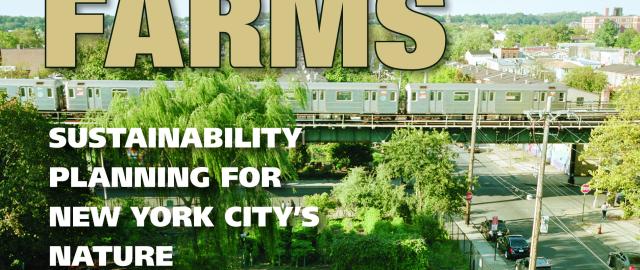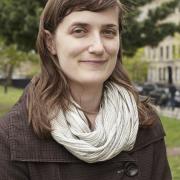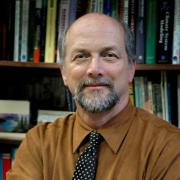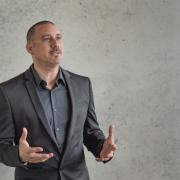Spring 2018 Lecture Series

in Kroon 319 on March 6 and Bowers Auditorium on March 7
Speaker Information
Lindsay K. Campbell is a research social scientist with the USDA Forest Service Northern Research Station, based at the New York City Urban Field Station (www.nrs.fs.fed.us/nyc). Her current research explores the dynamics of urban environmental governance, natural resource stewardship, and sustainability policymaking. Dr. Campbell holds a BA in Public Policy from Princeton University, a Masters in City Planning from MIT, and a PhD in Geography from Rutgers University. She is the author of City of Forests City of Farms, Sustainability Planning for New York City's Nature, published by Cornell University Press.

Speaker Information
Dr. Gary E. Machlis is Professor of Environmental Sustainability at Clemson University and Former Science Advisor to the Director, U.S. National Park Service (NPS). He was the first scientist appointed to this position within the NPS, and advised the director on a range of science policy issues and programs. Dr. Machlis also served as co-Leader of the U.S. Department of the Interior’s Strategic Sciences Group, which conducts scientific assessments during major environmental crises. Dr. Machlis previously served as Professor of Conservation and Interim Associate Vice President for Research at the University of Idaho, and been a visiting professor at Nanjing Technological College in China and at Yale University. Dr. Machlis received his bachelor’s and master’s degrees from the University of Washington in Seattle, and his Ph.D. in human ecology from Yale. He has written numerous books and scientific papers on issues of conservation and sustainability, including The State of the World’s Parks (1985), the
first systematic study of threats to protected areas around the world and Warfare Ecology: A New Synthesis for Peace and Security, was published by Springer in 2011. His research has been published in journals as varied as Bioscience, Climatic Change, Conservation Biology, Society and Natural Resources, and Science.

Speaker Information
Dr. Gary E. Machlis is Professor of Environmental Sustainability at Clemson University and Former Science Advisor to the Director, U.S. National Park Service (NPS). He was the first scientist appointed to this position within the NPS, and advised the director on a range of science policy issues and programs. Dr. Machlis also served as co-Leader of the U.S. Department of the Interior’s Strategic Sciences Group, which conducts scientific assessments during major environmental crises. Dr. Machlis previously served as Professor of Conservation and Interim Associate Vice President for Research at the University of Idaho, and been a visiting professor at Nanjing Technological College in China and at Yale University. Dr. Machlis received his bachelor’s and master’s degrees from the University of Washington in Seattle, and his Ph.D. in human ecology from Yale. He has written numerous books and scientific papers on issues of conservation and sustainability, including The State of the World’s Parks (1985), the
first systematic study of threats to protected areas around the world and Warfare Ecology: A New Synthesis for Peace and Security, was published by Springer in 2011. His research has been published in journals as varied as Bioscience, Climatic Change, Conservation Biology, Society and Natural Resources, and Science.

Speaker Information
Jason Corburn is a Professor in the Department of City and Regional Planning and School of Public Health. He directs the Institute of Urban and Regional Development and the Center for Global Healthy Cities at UC Berkeley. He also co-directs the joint Master of City Planning (MCP) and Master of Public Health (MPH) degree program at UC Berkeley. His research, practice, and teaching focus on urban health in the US and globally. He leads action-research projects that explore the links between environmental health and social justice in cities, notions of expertise in science-based policy-making, and the role of local knowledge in promoting greater urban health equity. Professor Corburn’s research and practice addresses racial/ethnic disparities in health, citizen-science, community health & healing, urban gun violence, climate justice, health-in-all policies, and informal settlements and health equity.

